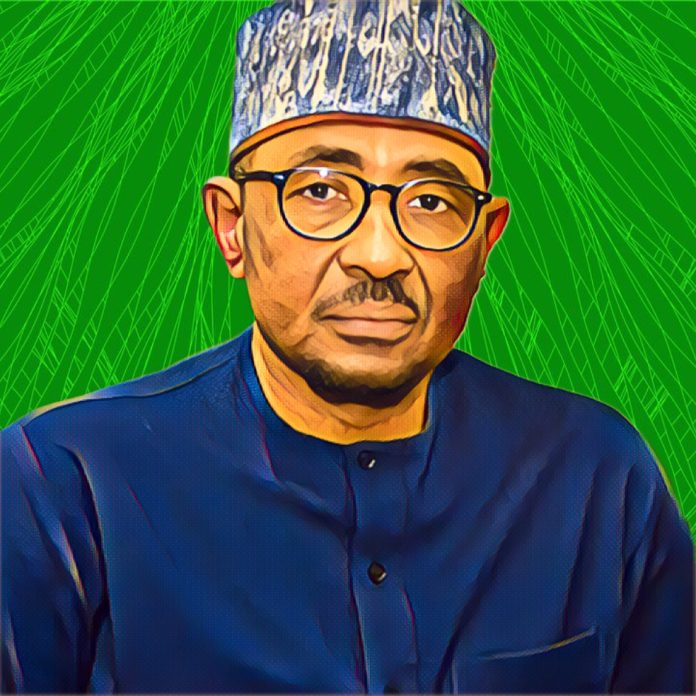KEY POINTS
- Nigeria’s petrol demand hits 50 million litres daily ahead of the holiday season, says NMDPRA.
- Fuel subsidy removal curbs cross-border smuggling, keeping more petrol within Nigeria’s borders.
- Market deregulation sees local pump prices influenced by volatile global fuel markets.
Premium Motor Spirit (PMS) daily consumption in Nigeria has climbed to 50 million liters ahead of the yuletide season, according to the Nigerian Midstream and Downstream Petroleum Regulatory Authority (NMDPRA).
NMDPRA Chief Executive Farouk Ahmed reported the increase during the OTL Africa Downstream Energy Week in Lagos, where he noted that the current demand aligns with typical fourth-quarter trends.
High demand persists despite fuel price increases
Despite earlier claims of a dramatic drop in consumption after the country’s removal of petrol subsidies, Ahmed clarified that demand currently ranges between 45 million and 50 million liters daily.
“We see that a lot of activity going on now because it is normally a high-demand period in the fourth quarter leading up to the yuletide,” Ahmed said. He predicted that demand would likely ease in early 2024, as high prices dampen consumer use.
Subsidy reform and cross-border smuggling
Ahmed emphasized that President Bola Tinubu’s fuel subsidy removal is effectively reducing cross-border smuggling, which had been a persistent issue due to the incentives created by lower domestic fuel prices. With subsidies gone, market liberalization has removed the incentive for smugglers, allowing for “the product to remain within the country,” Ahmed explained.
“Now we’re seeing a balance between real supply and actual demand,” Ahmed said. He added that Nigeria’s petroleum market is now fully deregulated, meaning fuel prices are no longer set by the NMDPRA but instead fluctuate in response to global market trends.
Global market impact on local prices
Ahmed attributed the current price variability at the pump to global market conditions, explaining that Nigeria’s deregulated market is influenced by the international costs of gasoline and crude oil. He noted that geopolitical tensions in the Middle East have added to market volatility, underscoring the complex dynamics that now shape fuel prices in Nigeria.
The NMDPRA’s oversight now focuses on ensuring that market players adhere to the Petroleum Industry Act while maintaining a competitive and compliant market structure. Ahmed indicated that the agency’s role is to support a “free market for all players” in the wake of recent reforms.



